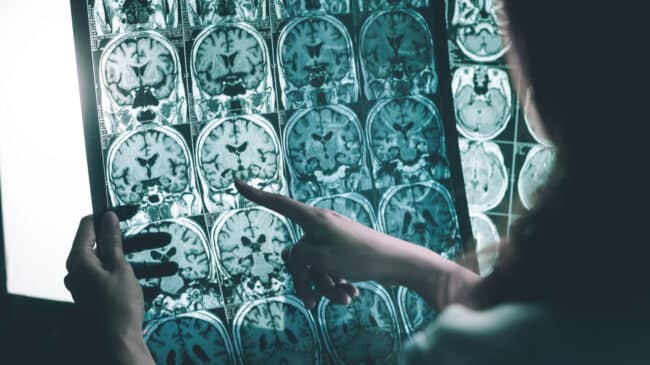Executive Summary
Neurodegenerative disorders, such as Alzheimer’s disease (AD) and Parkinson’s disease (PD), affect millions of people, and no current treatments can effectively stop or reverse disease progression. As these diseases worsen over time and become increasingly more prevalent, they place a growing financial burden on patients, families, and healthcare systems. Current treatments are falling short, and millions of people continue to suffer, underscoring a need for innovative treatments.
Recent research suggests that psychedelics, such as psilocybin and LSD, show strong potential as effective treatments for neurodegenerative disorders. Unlike traditional medications that mainly manage symptoms, psychedelics may offer a pathway to disease modification through mechanisms like enhanced neuroplasticity (the brain’s ability to adapt and reorganize itself), reduction of neuroinflammation, and promotion of cellular regeneration. These effects could be crucial in counteracting underlying disease causes, such as neuron loss and cognitive decline.
Psychedelics have also shown strong potential in treating depression and anxiety, both in terminal illness and potentially in neurodegenerative disorders. Given that neuropsychiatric symptoms are prevalent in AD and worsen the disease’s course, these findings are significant. Although the preliminary results are promising, the small sample sizes, short duration, and the use of healthy or non-AD populations limit the generalizability of these findings to AD. Larger, long-term trials specifically involving AD patients are needed to establish safety, efficacy, and optimal dosing strategies.
Regulated psychedelic-assisted therapy (PAT) centers represent a pivotal opportunity in the development of psychedelic treatments. These centers create a controlled and structured environment for administering psychedelic therapies under clinical supervision. PAT centers allow for both therapeutic practices and rigorous data collection to occur, ensuring that the treatment protocols are consistently monitored and evaluated.
Data gathered from these centers can provide early evidence of the safety and efficacy of psychedelic substances in a therapeutic setting, crucial for addressing regulatory and medical concerns. Insights gained from this early-stage data can accelerate the integration of psychedelics into standard treatment regimens, laying the groundwork for larger and more extensive clinical trials.
The U.S. Food and Drug Administration (FDA) has previously recognized the potential of psychedelics, granting “breakthrough therapy” designations to treatments incorporating substances like psilocybin, MDMA, and LSD for treating various mental health conditions. This designation is designed to expedite the development and review of therapies that may offer significant improvements over existing treatments and could similarly be sought for psychedelic treatments aimed at neurodegenerative diseases.
Implementation of regulated PAT centers could generate early data that may help certain psychedelics achieve breakthrough therapy designation for neurodegenerative disorders. Breakthrough designation will help bridge the gap between early-stage research and large-scale clinical adoption, accelerating the availability of these treatments for patients in need.
Full Policy Brief: Psychedelic Treatment for Neurodegenerative Disorders

